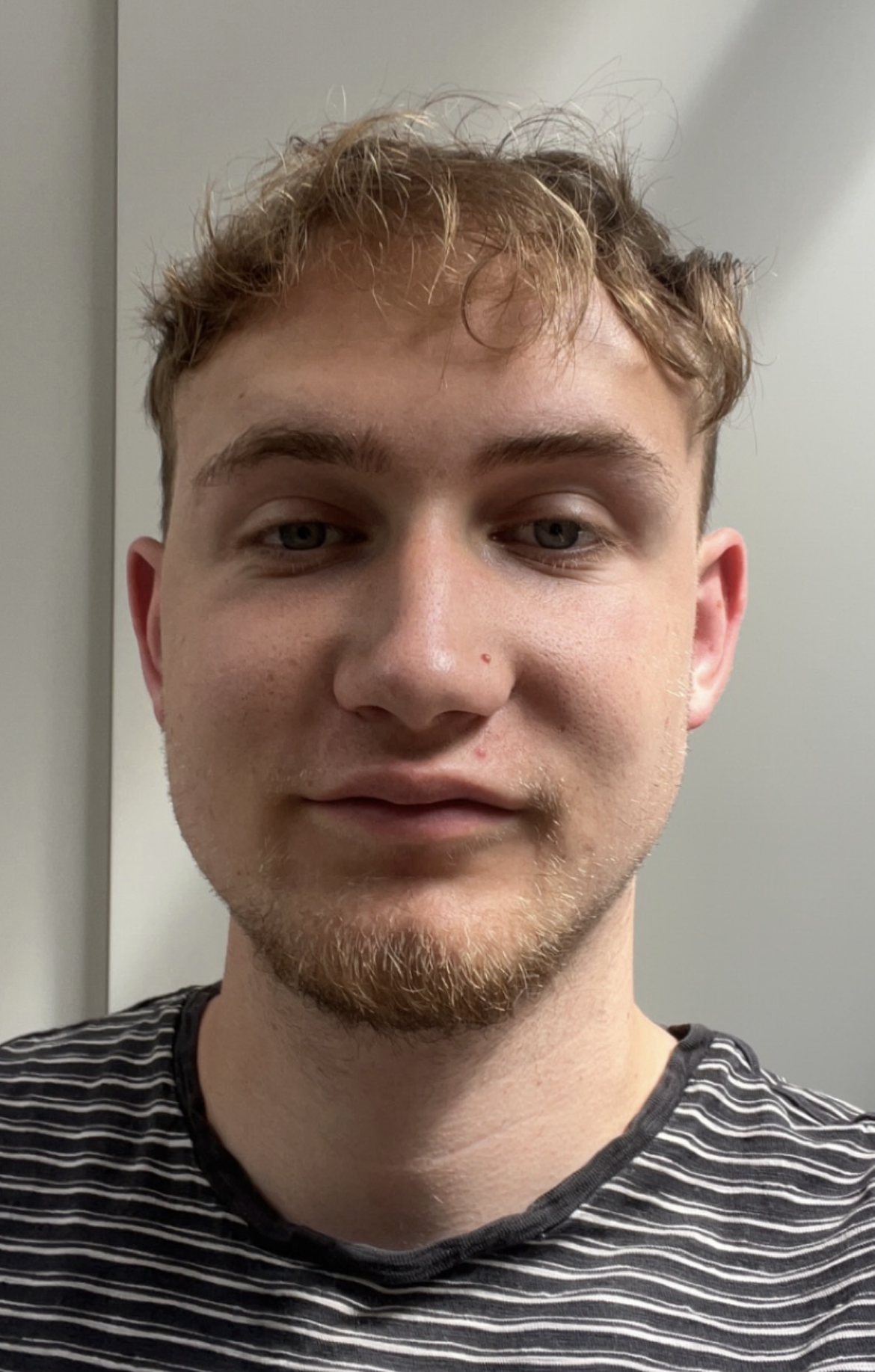Rowing Toward Rehabilitation: Inside the ‘Boats not Bars’ program
Picture a world where the confines of prison walls intersect with the boundless expanse of open water. John McAvoy could have seen his future sink away within this confinement, before the use of a prison rowing machine and a passion for exercise pulled him out from the depths and gave him purpose and most importantly, hope.
”I made a decision when I was in that cell that I would educate myself, I would read, and then this is where I started exercising. Because up until this point I never exercised at all. And I didn’t even know the names of the exercises I was doing at the time”. He told the Olympics Channel Podcast.
Rowers and prisoners tend to not have too much in common, hence ‘Boats not Bars’. The two concepts are worlds apart.
Rowers by Putney Bridge – where Fulham Reach Boat Club are located
However, perhaps this paradox is a healthy trade-off for those wishing to find redemption and transformation from the inside of a prison cell to the freedom of pushing oneself inside of a rowing boat.
Imogen Walsh is a former Lightweight World Champion rower. She started the ‘Boats not Bars’ program four years ago in collaboration with Fulham Reach Boat Club. Her aim is to reduce the reoffending rate of serving prisoners by introducing them to rowing, both indoor and outdoor rowing on release.
Imogen Walsh (Left) – posing with her bronze medal in Belgrade
Her main inspiration for such an initiative is former convicted criminal turned record-breaking triathlete, John McAvoy.
Walsh has been working with prisons for five years and can see first-hand the impact sport has had on those inside prisons, and how it can help kickstart a positive change in their lives once they leave. But she also notes it is not an easy task to completely turn a page on their old habits and lifestyle.
“It means changing a whole way of life,” Walsh says. “A lot of the time people in prison end up in the situations they are in is because of the feeling they have that there is no way out, and that no one is there to encourage them there is any other option. So we try to offer our initiative as a way to provide some kind of hope.
“Kind of the same way that somebody said to me I should get myself down to British trials, it was that little bit of belief from someone else that set me on my journey.”
Walsh is one of Team GB’s most successful lightweight women’s rowers having won multiple medals at World and European Championships, as well as on the World Cup stage.
Walsh rowing
As rowing was her sport she saw potential in it as a method of rehabilitation, due to her own experiences, and the experience of John McAvoy.
“Getting prisoners engaged in a football course, for which there are many, is great and it has many positive components of being active, teamwork and communication and so on.
“But I don’t think it challenges identity like rowing does. By in large people who take part in the program have never thought about picking up rowing because it is seen as this other.
“What this sport does for prisoners which differentiate it from others is that it really demonstrate a desire to leave the past behind and forge a new path.”
McAvoy agrees with this statement and is living proof that it can and does work. He describes rowing specifically as a form of ‘transcendence’.
Transcendence in terms of pushing yourself beyond physical limits, but also mental limits which in the case of many in prisons, is the biggest challenge.
“What we’re trying to say is that if you want to take part in this, you can do it, you don’t have to be pigeonholed.
“Another aspect about rowing that I think sets it apart from other sports is that it is a team sport, that is non-contact. If you’ve lived through trauma, a lot of the time the last thing you want is to have someone running at you like in rugby or throwing punches or kicks towards you like in combat sports.
“Being involved in a team but with your own personal space is definitely a unique experience for many of these guys.”
Walsh admits that it isn’t going to be for everybody, but still firmly believes that rowing can be a great outlet for those who have struggled with mental health and trauma in their lives, offering a form of repetitive therapy as well as physical exercise.
“What I want to do through the project is to work directly with prisoners and understand the issues that result in the high numbers of incarcerations, and to hopefully change public perceptions.
“Some of the stories of people I’ve come across are heart breaking and it almost makes you understand why they committed these crimes.
“Perhaps rowing can help but even if it doesn’t change those perceptions, I’m hoping that at least that the prisoners themselves can use the skills and other benefits we provide on the course to better themselves after they are released.”
A government study in 2021 has showed that over time, the overall proven reoffending rate has fluctuated between 23.1% and 31.8%.
Stories such as McAvoy’s will give hope to those in prison who are trying to break the cycle of crime, but the journey to full rehabilitation is seldom smooth sailing.
